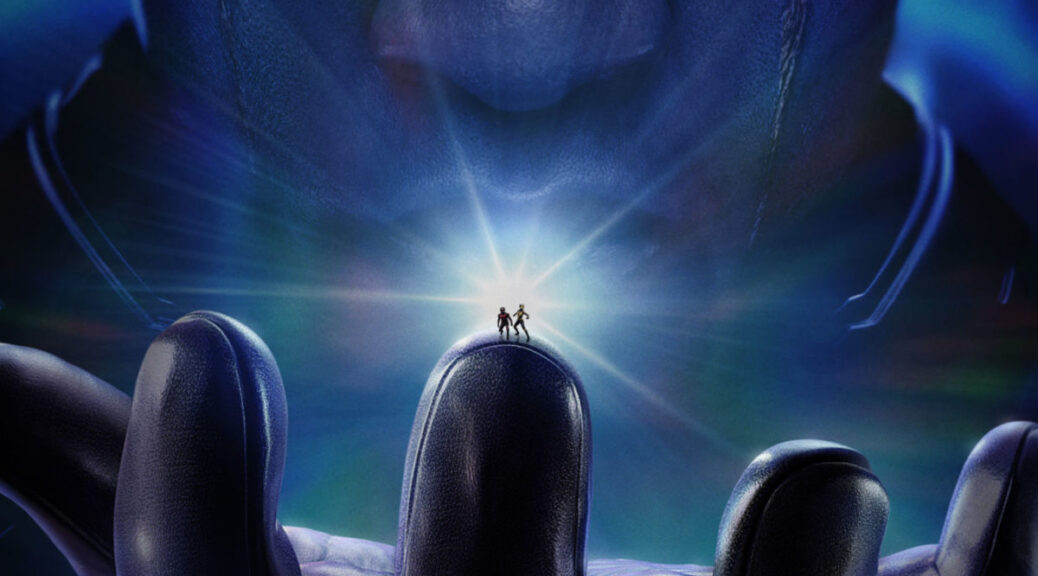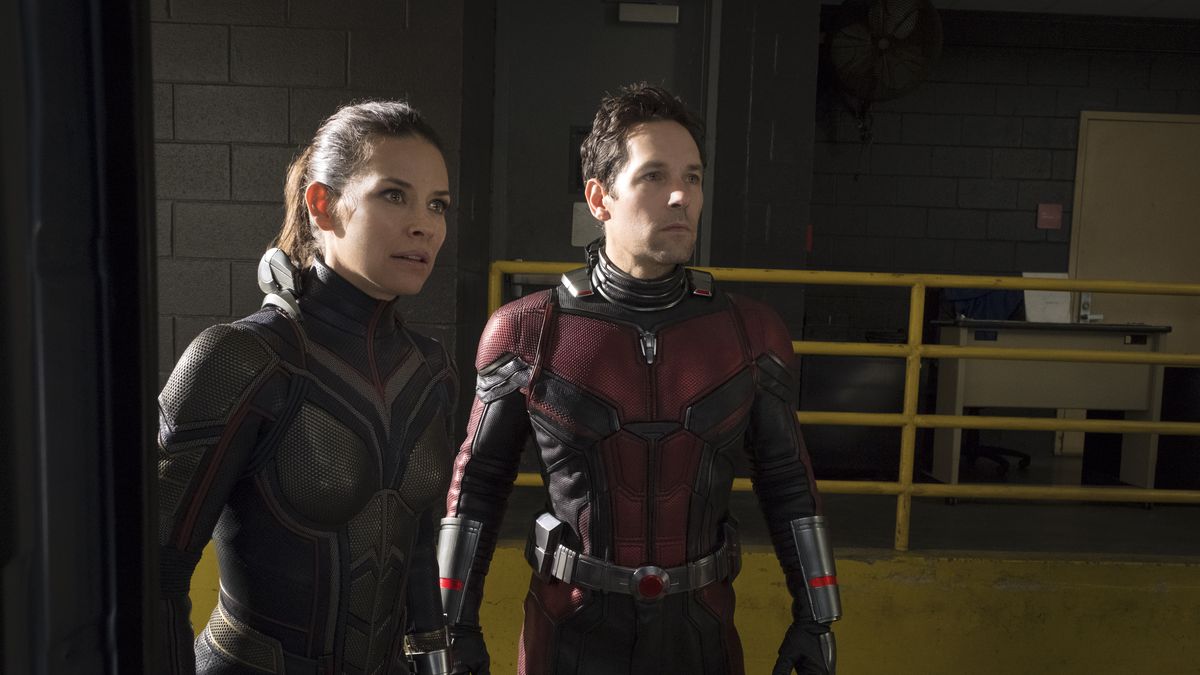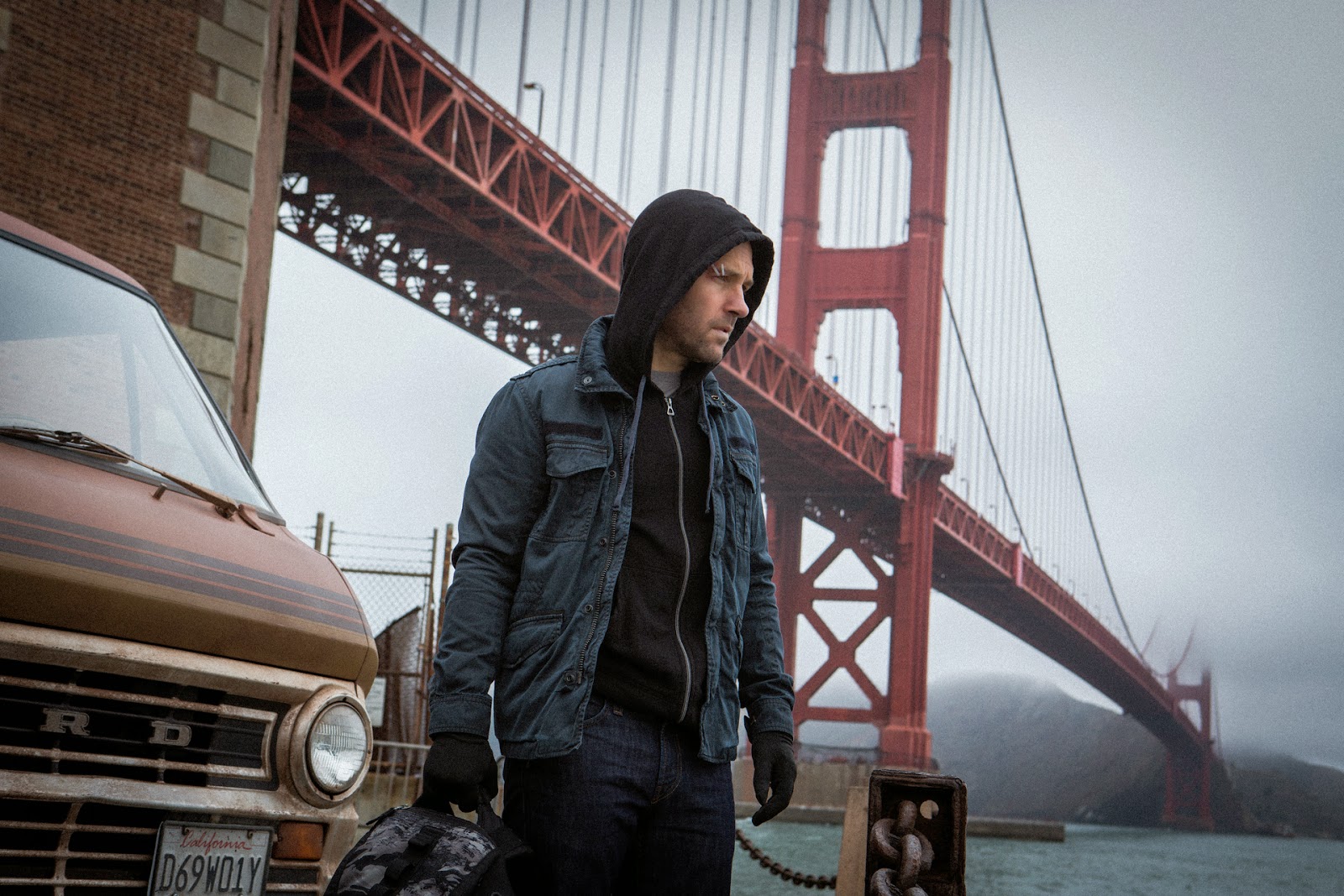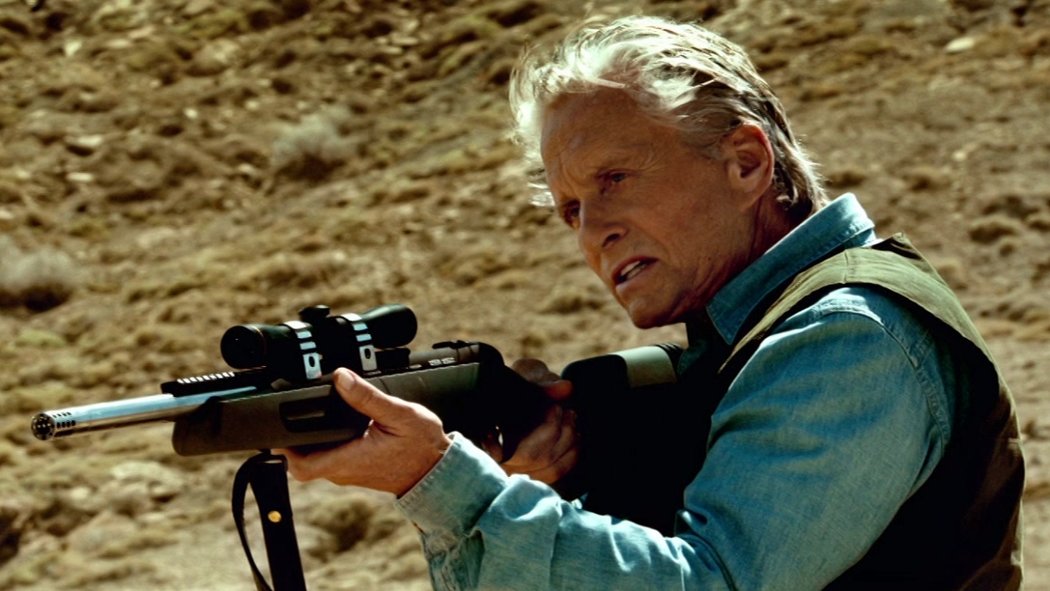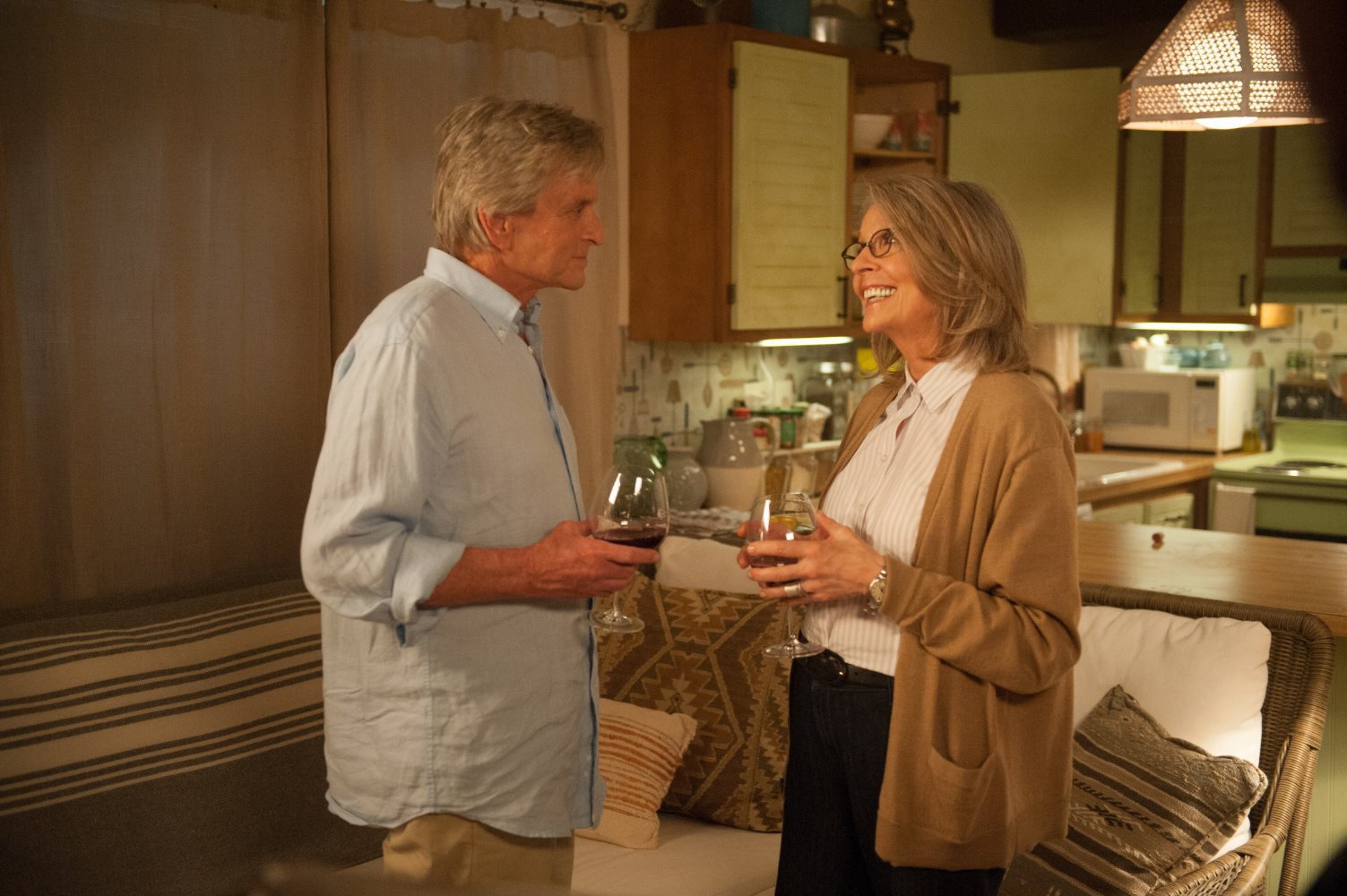Ant-Man & The Wasp: Quantumania
by Hope Madden & George Wolf
Time to set your phasers to “5” Marvel Fans, and hope for better days ahead. Because Ant-Man & The Wasp: Quantumania is a messy, lackluster kick-off to the new stage.
After the prologue and before the two end stingers, Quantumania is bookended by two winning sequences, both set to the theme from “Welcome Back, Kotter.” They’re self-effacing and full of the unique charm that has defined Paul Rudd’s Ant-Man/Scott Lang character since the first installment. And the rest of the film can never quite measure up.
While Scott has been off Avenging, his daughter Cassie (Kathryn Newton) has grown into an impressive young scientist herself. In fact, the new sub-atomic telescope she invented seems pretty nifty, until a family pizza party ends with Scott, Cassie, Hope/Wasp (Evangeline Lilly), Hank (Michael Douglas) and Janet (Michelle Pfeiffer) all sucked back into the Quantum Realm.
And it turns out, there’s plenty Janet didn’t let on about the 30 years she spent down there. Some of it involves Krylar (Bill Murray, channeling Criswell). But the life-threatening details revolve around how Kang the Conqueror (Jonathan Majors) wound up there, and why he must never make his way out.
Director Peyton Reed returns from parts 1 and 2, but his powers are more limited in the quantum realm than Kang’s. Without city landmarks and average Joes to ground the comedy, the Ant-Man dorkishness falls flat.
The writing doesn’t help, although it’s tough to blame series newcomer Jeff Loveness in his feature debut. The first film was written by Edgar Wright, Joe Cornish and Adam McKay, for Pete’s sake. But Loveness cannot find a groove, throwing comedy bits that suit Aqua Teen Hunger Force into hyper-serious melodrama with a Barbarella backdrop.
Much of the film is blatantly Star Wars, with attempts at Ragnorak humor that run headlong into extended exposition and Kang’s quest for dominating multiple plexes. None of it works.
Rudd’s a doll, per usual, and Newton’s a charmer. Pfeiffer continues to have charisma to burn, which is a good thing because Lilly’s as engaging as a paper sack and Douglas is mainly wasted. But the real pity is Majors, another profound talent floundering in an underwritten villain role that relies on speechifying rather than acting.
There are some big ideas here, and the attempts at world building are ambitiously borrowed, but much the same as its unlikely Avenger, Quantumania comes up small.
